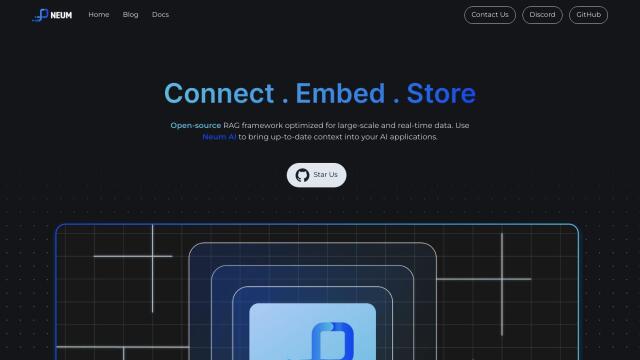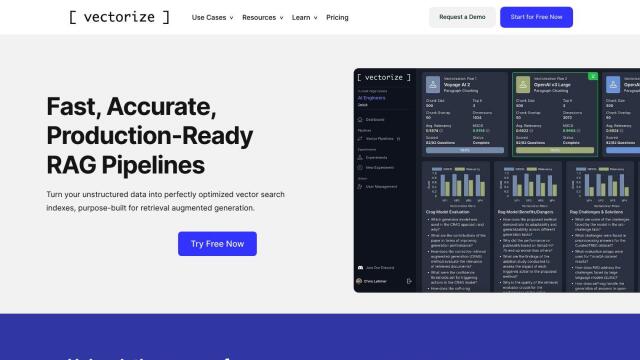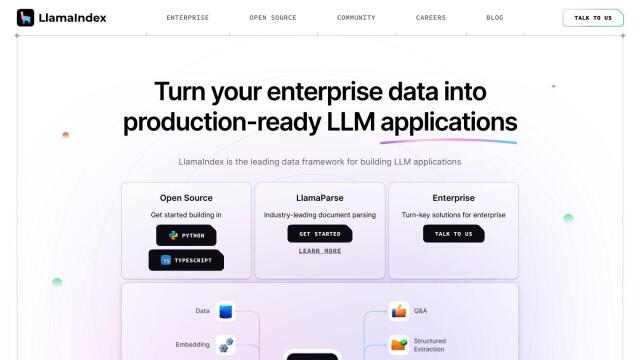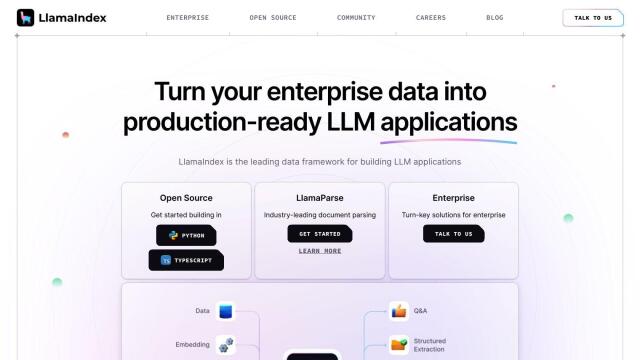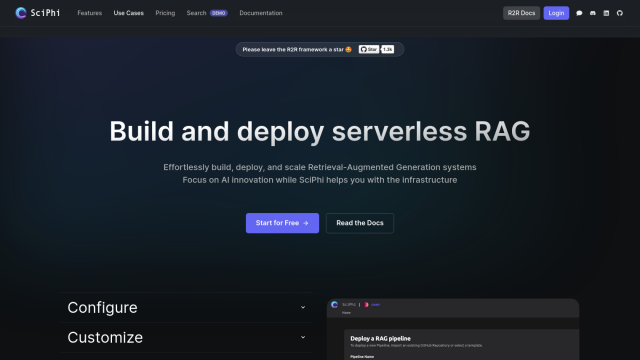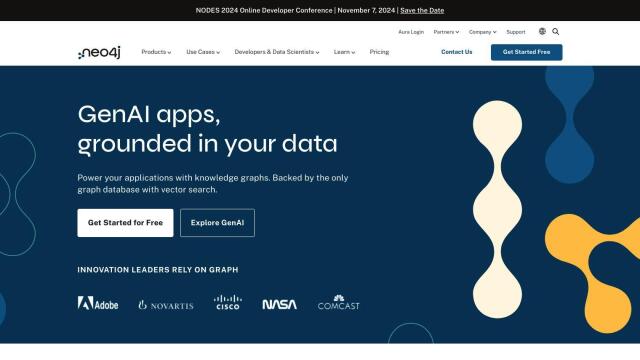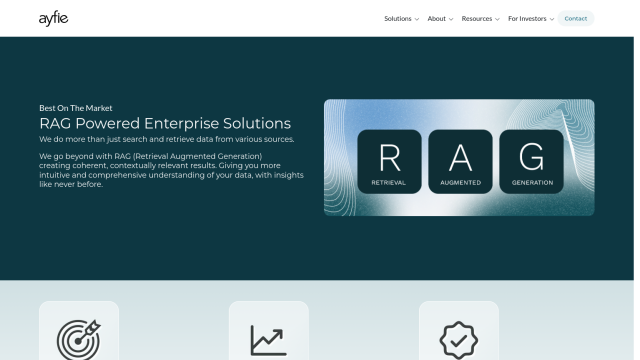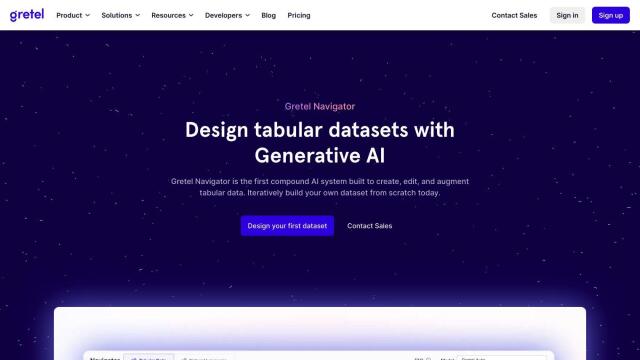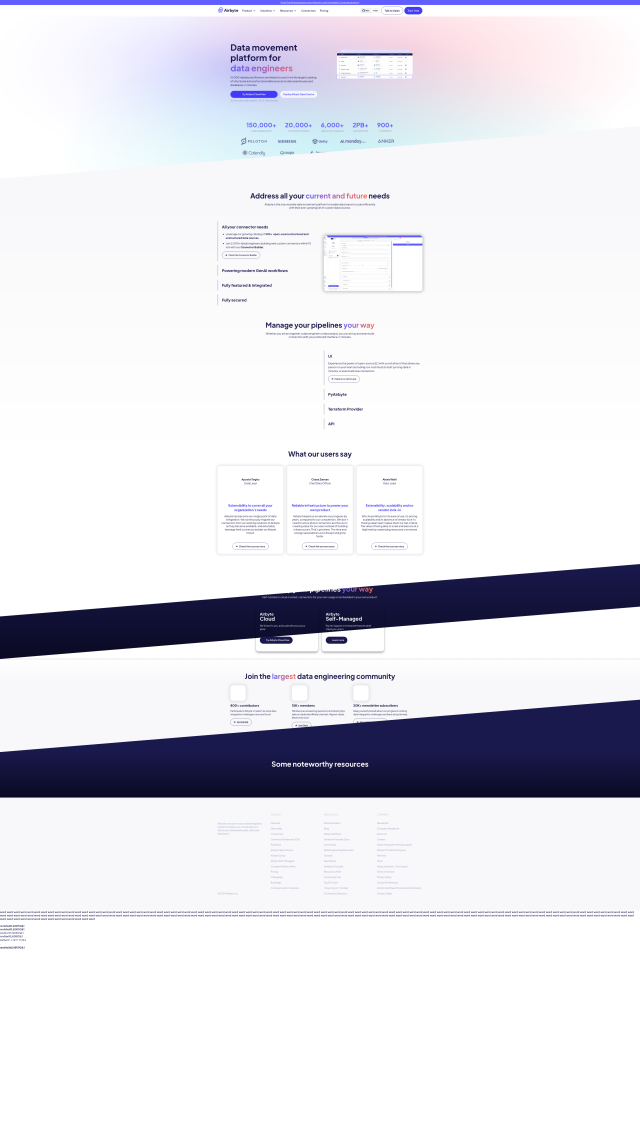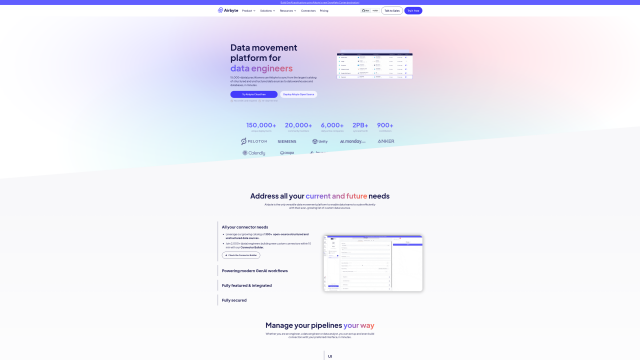Question: I need a vector database that can handle fast search and retrieval of similar matches across a massive dataset.

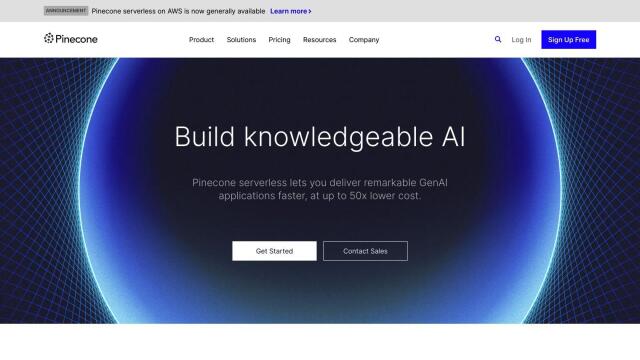
Pinecone
For a vector database that can perform fast search and retrieval of similar matches across a large data set, Pinecone is a great option. It's optimized for querying and retrieval, with low-latency vector search and metadata filtering. Pinecone supports real-time updates and hybrid search, which combines vector search with keyword boosting. It's also scalable and secure, with SOC 2 and HIPAA certifications, and offers flexible pricing options including a free starter plan.

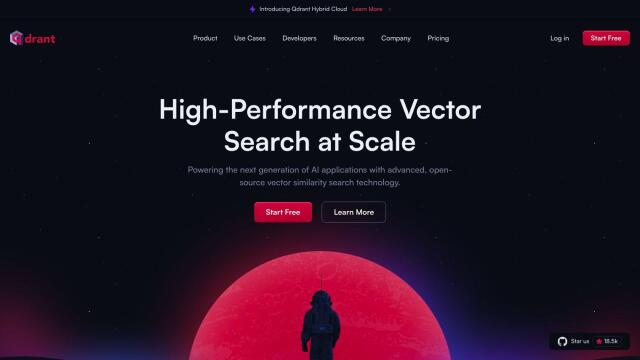
Qdrant
Another top contender is Qdrant, an open-source vector database and search engine designed for fast and scalable vector similarity searches. Qdrant is designed for cloud-native architecture and is written in Rust for high-performance processing of high-dimensional vectors. It integrates with leading embeddings and frameworks, making it suitable for a wide range of use cases such as advanced search and recommendation systems. Qdrant also offers flexible deployment options, including local deployment with Docker and cloud options, with a free tier available.


Vespa
Vespa is another general-purpose platform that makes it practical to apply AI to big data sets, with a unified search engine and vector database. It supports fast vector search and filtering, and can combine search in structured data, text, and vectors in a single query. Vespa is notable for its ability to scale efficiently and integrate with various machine learning tools, making it a good option for large-scale search.

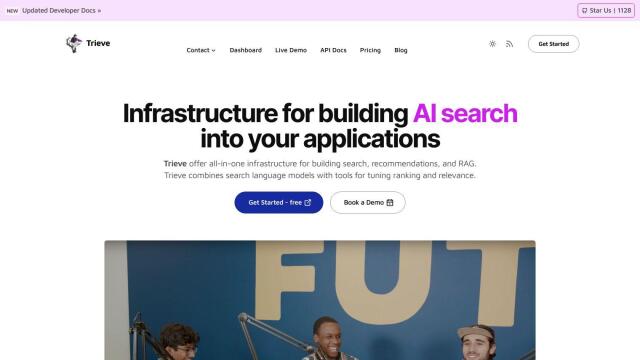
Trieve
For those who need a full-stack infrastructure, Trieve could be a good option. It offers private managed embedding models, semantic vector search, and hybrid search, so it's good for advanced search use cases. Trieve is built on AI search and offers private data control, with flexible hosting options including terraform templates. It offers non-commercial self-hosting with a free plan and various paid plans to accommodate different needs.

